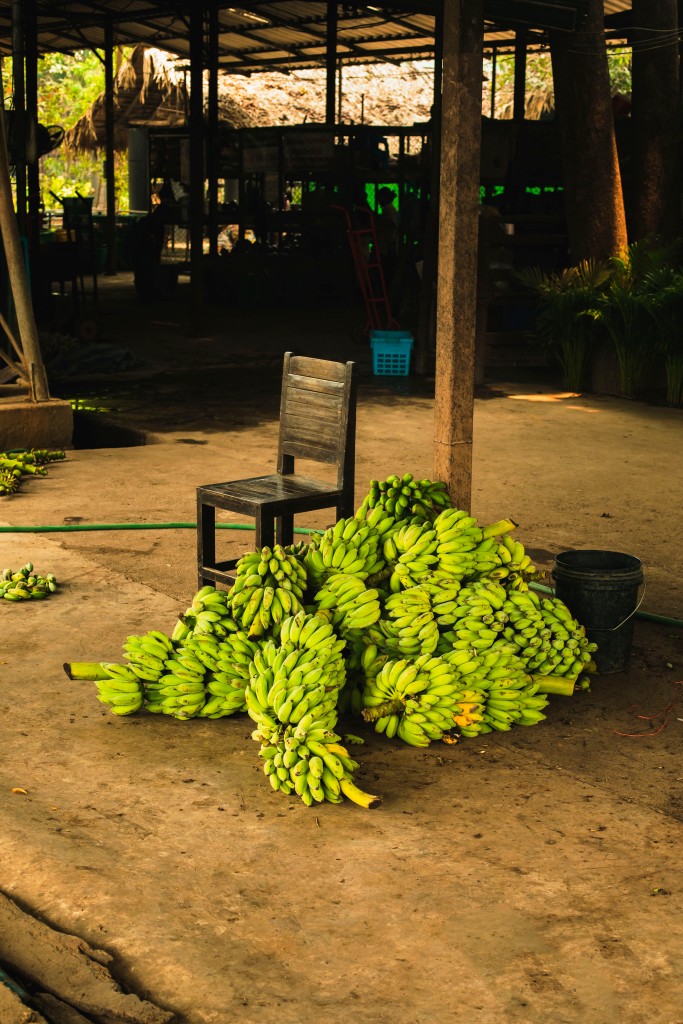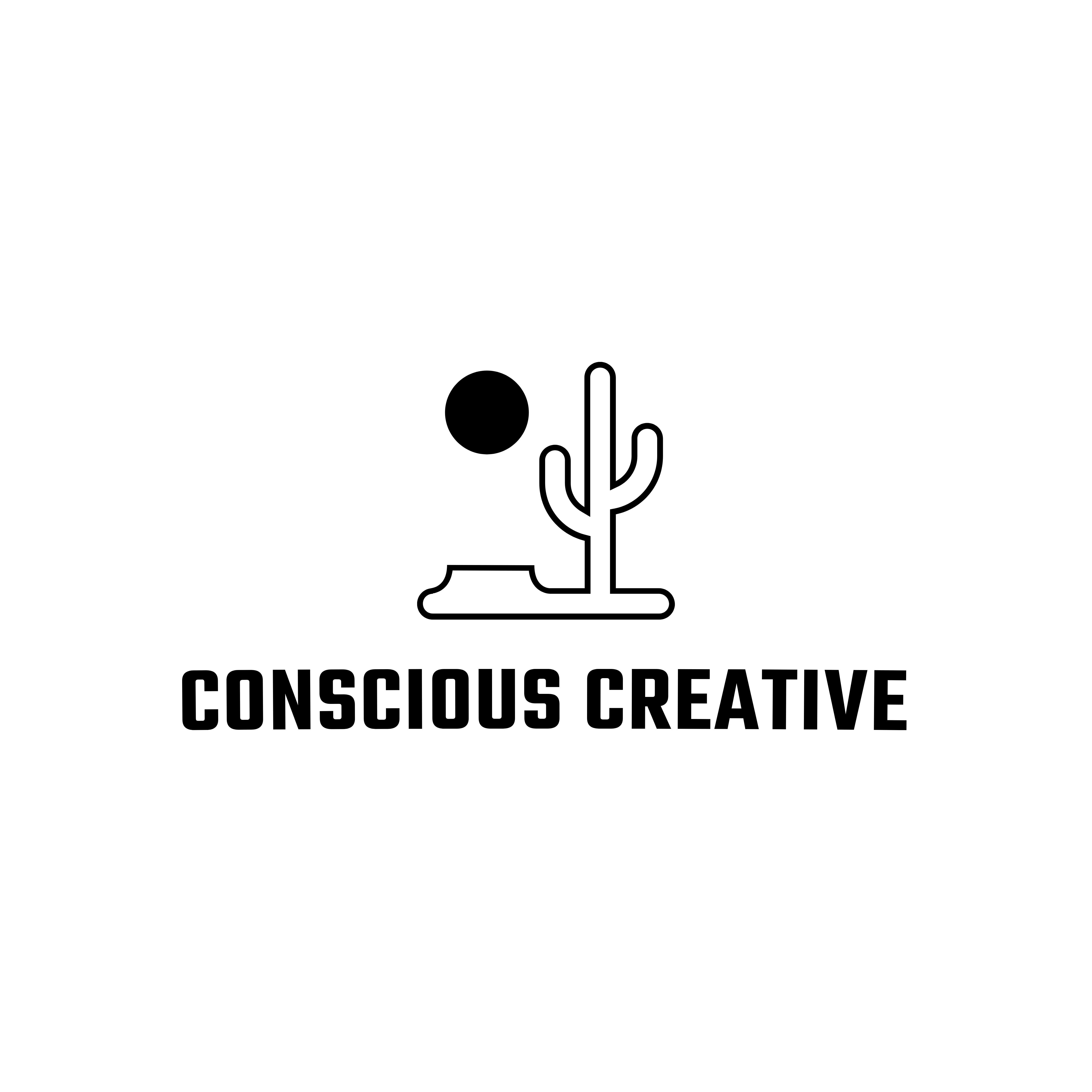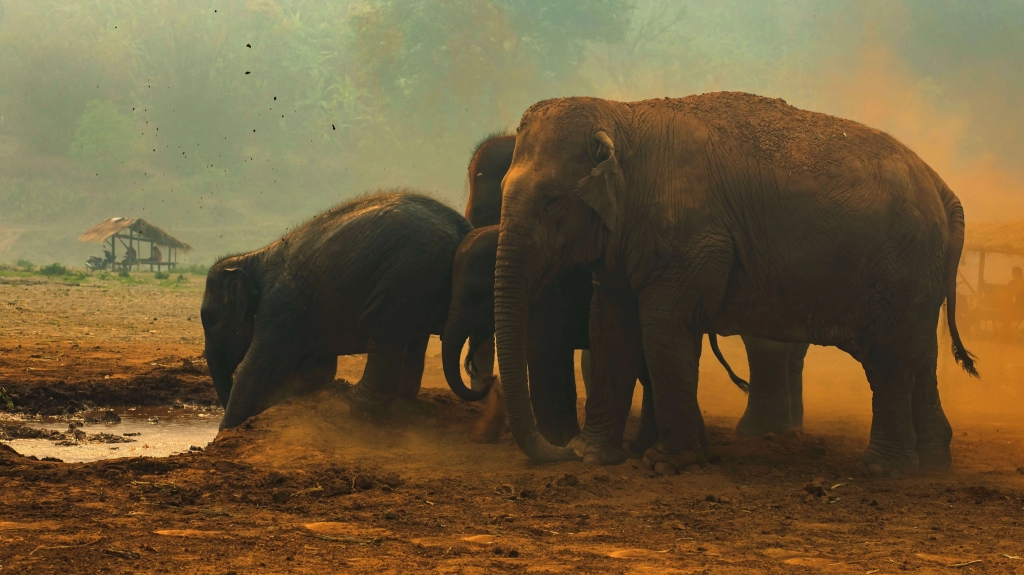It’s quite impossible to capture, with the meagre letters that make up our simple words, the captivating experience of sitting in the heart of the Thai jungle, eating lunch off a banana leaf, whilst watching a herd of elephants simply existing right ahead of you.
Quite impossible to portray, indeed, and yet in amongst the joy of seeing a wild animal live wildly, there is a sense of deep sadness that permeates the whole experience. These majestic creatures have been through one hell – and I mean, hell – of a journey to be here, and I can’t help but think about how wrong it is that we are so awestruck by these animals just being able to be themselves.
Let me start from the beginning.


The Beginning
If I told you to close your eyes and think of Thailand, what would you think of?
A lush, tropical paradise, teeming with exotic birds and mammals, a little boat docked at the beach ready to take you on an adventure? In the South, this is probably rather accurate, but the North is a whole other story. Stepping off the plane, it felt like stepping into another universe – I’d certainly travelled long enough to feel like I’d crossed space and time (isn’t it strange how days of consecutive travelling make you feel so un-human?). Chaotic roads, bustling streets, towering jungles – this is the orderly madness that engulfs you as soon as you exit Chiang Mai airport – along with a heavy, sticky, oppressive heat.
As my driver expertly dodged rickshaws and mopeds on the way to my hotel, I marvelled out the window at a world so different from my own. My eyes feasted on everything in sight, drinking in all the little details and storing them somewhere in my head to unravel later. All I could think about was that famous phrase that Dorothy says – “we’re not in Kansas anymore, Toto”; well, I was certainly a long way from home, but in the most awe-inspiring kind of way. I felt it rise up inside me as I got closer to the city, that growing feeling of being ready – ready to learn and experience new things, and ready to let those things change me for the better.



Elephant Nature Park
As an animal lover, whenever the opportunity comes along to help with animals and animal care, I find that I simply cannot say no. To fight for those that cannot speak for themselves is a fight I am more than willing to participate in, and that is what drew me to Elephant Nature Park.
ENP is the first real elephant sanctuary in Asia, home to around 120 rescued elephants (plus hundreds more cats, dogs and water buffalo), and partners with countless other projects. As you can imagine, rescuing and caring for animals of this size is no easy feat, and yet Lek, the incredible woman who founded this whole operation, has devoted her life to doing just that. When, as she was growing up, she discovered the injustice that these gentle beasts endured, she had a flame ignite in her heart that simply has never extinguished.
“I cannot move a mountain, but I can be a little rock in someone’s shoe, so they can’t walk easily.”
Lek Chailert
Almost every single one of Lek’s elephants has either mental pain, physical pain or a mixture of both, caused from the abuse they suffered in their lives before ENP. Abuse caused by humans.
As the world has changed around them, becoming more urbanised and territorial, wild animals have had to learn the hard way that their habitats are shrinking. Captured from the wild, baby elephants are forced to endure a truly harrowing process called the ‘Phajaan’, a way of breaking and crushing their wild spirits. Squashed into a bamboo frame, and with its trunk tied to the nearest tree, the elephant is beaten relentlessly with hooks, nails and ropes, until the only thing it knows is fear for its life. This can go on for weeks until, through its terror, the elephant learns to obey the offending mahout in order to achieve a reprieve (- these are the ‘lucky’ ones, as many die, or try to suffocate themselves, during the process). It is here that their domestic, working life begins.
Prior to my arrival at ENP, I had no idea how severe the maltreatment of elephants in Asia was, and still is today. As I arrived at the Park, I was brimming with excited anticipation. I was there to do something good, and I couldn’t wait to get stuck in. After checking into my accommodation and having the relevant tours, I was given some time to walk around the Park and become acquainted with its facilities.




Getting Stuck In
To say I was eased into it would be a lie – on my first working day, we were bundled into the back of a pickup truck and driven to a local farm to harvest corn. After handing out the machetes, we were set free on the stalks, hacking them down under the sweltering sun into manageable bundles before hauling them back to the truck. These kinds of tasks were always done in the morning, when it was slightly cooler, as the full Summer Sun would’ve completely wiped us out. (Don’t let that fool you though, it was still roasting. As Eak informed me, “Thailand has two seasons, hot and f*cking hot”!)
My brain didn’t even have time to process, until the return journey where we were sat atop the corn bundles, how crazy this whole experience was for a Westerner – but I loved it. The freedom in the simplicity of how they lived was addictive.
“Thailand has two seasons, hot and f*cking hot.”
Eak
When we returned to the Park, the work didn’t stop there. Our walk with Darrick (the co-founder) was pushed back to the following day thanks to the arrival of the pumpkin truck. Four tonnes of pumpkins needed unloading, and so, like the willing volunteers that we were, we climbed atop the truck and started tossing them along the line. It was hard, it was long, and yet the combined spirit of everybody wanting to help made for such an enjoyable experience (all to be repeated again and again throughout the week!).
Each day we had different tasks to complete, and whilst some weren’t as glamorous as others, (scooping elephant poop, I’m looking at you), I never heard one person complain. That’s the thing about volunteering your time somewhere to help – you’re all there for the same reason, and the camaraderie is second to none. ENP has a couple of different options in regards to visiting the park – you can go just for a day trip, you can stay over for just one night, or you can stay for the whole week, like I did. Whilst any option is a good one, I would recommend the whole week’s stay – it gives you time to become educated (not only about the elephants – we also had a Thai culture lesson one evening), you can help out with the other animals (the kennel always needs a hand to walk the disabled dogs), and most importantly it’s a week of your life spent selflessly.


Recovery
It was one evening in the middle of the week when we were taught of the horrors that these sweet creatures endure. The videos we were shown were hard to watch, but to me I felt as though I had to watch them, out of respect to the elephants. You don’t know until you know, and after watching that first film (Love & Bananas) I knew enough about their abuse to be able to spread the word and hope to affect change for the better. The ‘hands off’ approach of the park became more important to me then – during my week there, I didn’t feed the elephants directly, didn’t touch them, didn’t bathe them, but instead I got to witness them living freely after all the terror they’ve faced. Whenever I heard someone ask why we couldn’t get close, I thought, why should we? Why should we continue to invade their personal space just because we think we’re doing better than those who abused them? They don’t owe us entertainment – I was quite happy to continue my servitude to them from a respectable distance.

There was a couple of stories that hit me the hardest, like that of Lucky – a 38 year old female, she was rescued from working in the circus. Elephants are very sensitive to sights and sounds, and the spotlights from the circus caused such an infection in Lucky’s eyes that she is now blind.
But the story that cut me the deepest belongs to Medo. After being captured at a young age, she suffered brutal years working in the logging industry, until she became of no use after an accident that left her with a broken leg. Out of work, her owners did the only other thing they could to exploit her – they force bred her with a bull on musth (a hormonal change males go through naturally, throughout their lives), his movements so powerful he shattered both of her hips. At only 35 years of age, Medo now has to live the rest of her life with these permanent injuries. Standing beside her as she carefully ate her favourite foods from her elephant cake, her ears flapping and tail swinging in food-induced bliss, I had a chance to look into her soul. They say that eyes are the key to the soul, and in her eyes you could see that even though she has moved on, she has never forgotten.
But as Lek likes to remind us – love always wins, and for Medo, love has brought her back to life.


Journey to Freedom
The following week I ventured further into the Thai wilderness, volunteering with a partner project called Journey to Freedom. Here, I stayed in a traditional Karen house, on the side of a mountain, with none of the luxuries we are so used to in the West. But that was the beauty of it – as I rose with the sun and sank with the moon, my body had a chance to sync with nature, and I had a chance to reflect on everything I was learning.
In some ways, my time at Journey to Freedom was more important than my time at ENP. With only six of us at Journey to Freedom, the dynamic was hugely different to that of the previous week. This project needs volunteers like us, because our money and our help goes directly back to the Karen people. Without it, without us, the Karen people would have no choice but to withdraw their elephants from the jungle and put them straight back into a trekking camp. It’s a catch 22 situation – they are happiest when their elephants are happy, but they need money to survive, and until Thai law and Thai culture shifts dramatically, conservation is a fine line that these projects walk daily.
This project gives us the chance to observe elephants in their natural habitat, and it also gives the Karen people a chance to see that we support the good they are doing. There is nothing quite as beautiful as an elephant walking through the jungle, communicating in clicks and grunts and growls to its friends, its ears drumming gently against its shoulders as it flaps them in joy – and we can make this happen for more elephants.



At the beginning of this blog, I mentioned how wrong it is that we are so awestruck by elephants being able to be themselves. If we had just let them be in the first place, and not taken advantage of them for our own personal gains, them living wildly would be normal to us. Beautiful to see, yes, but from a distance. Observing peacefully, and not forcing ourselves into their space. ‘Elephants are the architects of the Earth’, we need them to keep the balance in the habitats they come from, and as Lek says, ‘a world without elephants is a world I don’t want to be in’.
This isn’t an anti-human blog (…although maybe it is, because for such an intelligent species, we aren’t half incredibly dumb. Dumb, righteous, and from this, entirely self-sabotaging without even realising). Only a few of us do realise how many negative consequences our actions have, and it is us that have the responsibility of fixing the mistakes of our past and teaching others for the sake of our future. Word is spreading that we must learn to stop taking, taking, taking, and instead we must give back. If all humans became extinct today, the natural order of wild animals and their food chains would remain in equilibrium, because their relationship with the environment is symbiotic. We have so much to learn from them.
What Can You Do?
If this blog has mobilised you to act in any way, there are a few things you can do that I’ll list below:
- Donate directly to ENP here
- Donate to my fundraiser here (there is more information on the fundraising page, but on the 24/06/2023 I will be completing the Welsh 3000s challenge in order to raise money for ENP)
- Volunteer at ENP or one of its partner projects
The more we talk about it, the more the knowledge will spread, and hopefully the faster things will change. If you’d like to see more of my images from my trip here, follow this link that will take you to the gallery on my website.
Thank you for reading!
Until next time,
Chloe x



Leave a comment